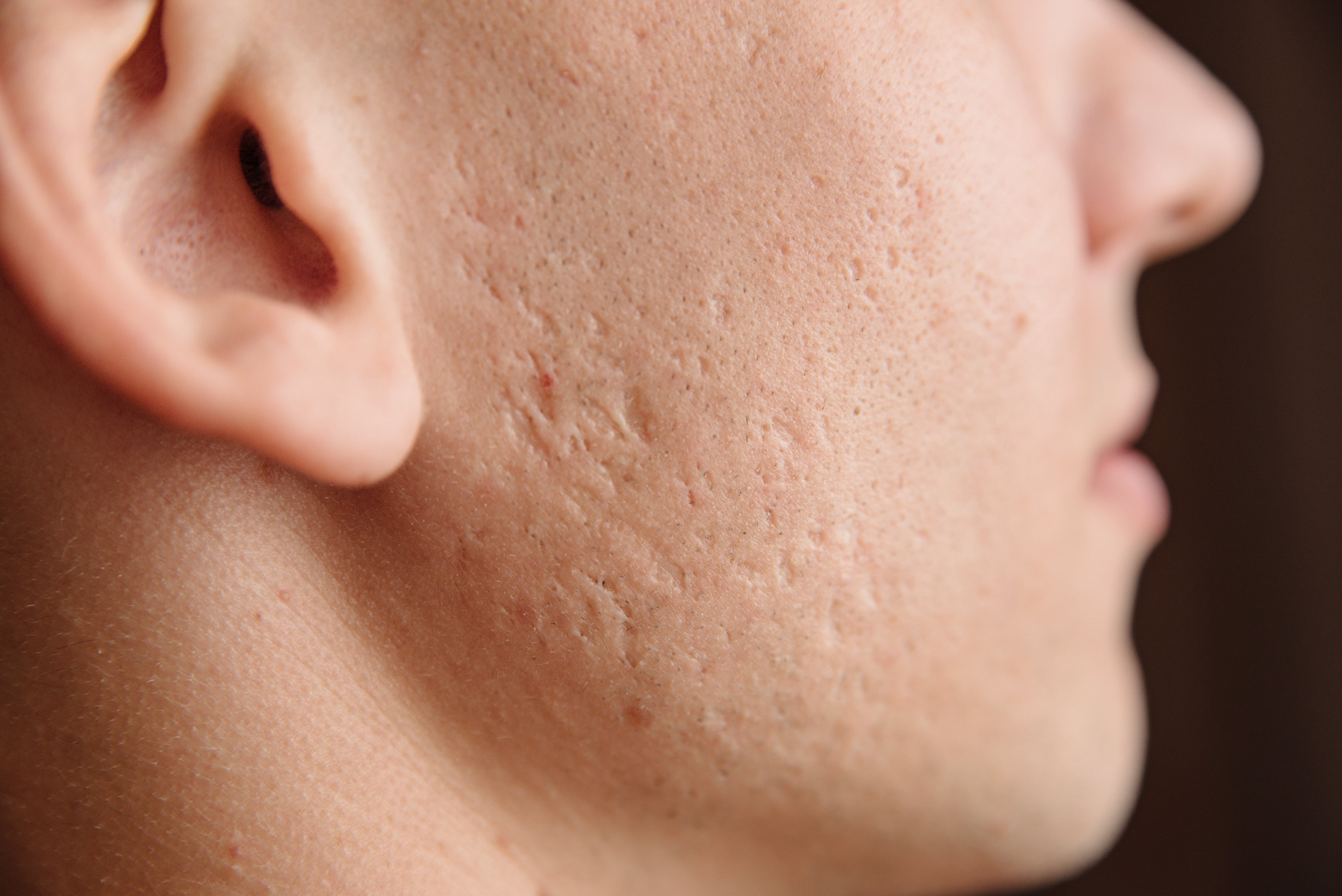

Acne scars can be a frustrating reminder of breakouts long after the pimples have cleared. While acne itself is a common skin condition, the scars it leaves behind can affect self-confidence and skin health. Understanding why acne scars form and what can be done to prevent them is an important step in protecting your skin and maintaining a clear complexion.
Why Acne Scars Form
Acne scars develop when inflammation caused by acne damages the skin tissue. As the skin heals, it sometimes produces too much or too little collagen, leading to uneven texture. Scarring can take several forms, including depressed scars, raised scars, or dark pigmentation.
Picking and Popping Pimples
One of the leading causes of acne scars is picking at or popping pimples. When you squeeze a blemish, you push bacteria and oil deeper into the skin, which worsens inflammation and increases the likelihood of damaging surrounding tissue.
Severe or Cystic Acne
Not all acne is equal in severity. Cystic acne, which forms deep under the skin, is especially prone to scarring. The larger and more inflamed the breakout, the higher the chance that the healing process will leave behind a permanent mark.
Delayed Treatment
Waiting too long to treat acne can also raise the risk of scars. Ongoing breakouts that are not managed early can repeatedly damage the skin, making it harder for tissue to heal properly.
Genetics and Skin Type
Your genetic makeup can influence how your skin heals. Some people naturally produce less collagen during the healing process or are more prone to hyperpigmentation. Skin type also plays a role, as those with darker complexions may be more likely to develop dark spots after acne clears.
Preventing Acne Scars
While acne scars can be challenging to erase completely, there are steps you can take to reduce the risk of them forming in the first place.
Avoid Touching Your Skin
Keeping your hands away from your face is one of the simplest but most effective ways to prevent acne scars. Touching or picking at blemishes introduces bacteria and causes unnecessary trauma to healing skin.
Treat Acne Early
Seeking professional care at the first signs of moderate or severe acne can minimize long-term damage. Early treatment helps reduce the intensity of breakouts and prevents recurring inflammation that leads to scarring.
Use Sun Protection
Sun exposure can darken existing acne marks and make scars more noticeable. Wearing sunscreen daily helps protect healing skin and prevents pigmentation from worsening.
Follow a Proper Skincare Routine
Using non-comedogenic products, gentle cleansers, and moisturizers tailored to your skin type helps maintain balance and reduce flare-ups. Consistency is key in controlling acne and reducing the chance of scars.
Professional Treatments for Acne Scars
Even with prevention, scars can sometimes develop. Fortunately, treatments are available to improve skin texture and appearance. Options like laser therapy, chemical peels, or microneedling can stimulate collagen production and smooth out scars. Consulting a professional ensures that you receive the most effective treatment for your skin.
Protect Your Skin and Confidence
Acne scars do not have to be a permanent part of your skin journey. With the right prevention strategies and professional treatments, you can reduce their appearance and protect your skin for the future. To learn more about effective treatments for Acne Scars In Cottonwood, AZ, contact Symbioticare Direct Primary Care and Laser and take the first step toward smoother, healthier skin.